
The Historic New Orleans Collection
Diplomacy
In 1802, President Thomas Jefferson learned that Spain had secretly transferred the Louisiana Territory to France. President Jefferson and then Secretary of State James Madison began looking for resolutions to the immediate problem.
"The cession of Louisiana & the Floridas by Spain to France works most sorely on the US. on this subject the Secretary of State has written to you fully. yet I cannot forbear recurring to it personally, so deep is the impression it makes in my mind. it compleatly reverses all the political relations of the US. and will form a new epoch in our political course."
~ ~ Letter of Thomas Jefferson to Robert Livingston, April 18, 1802
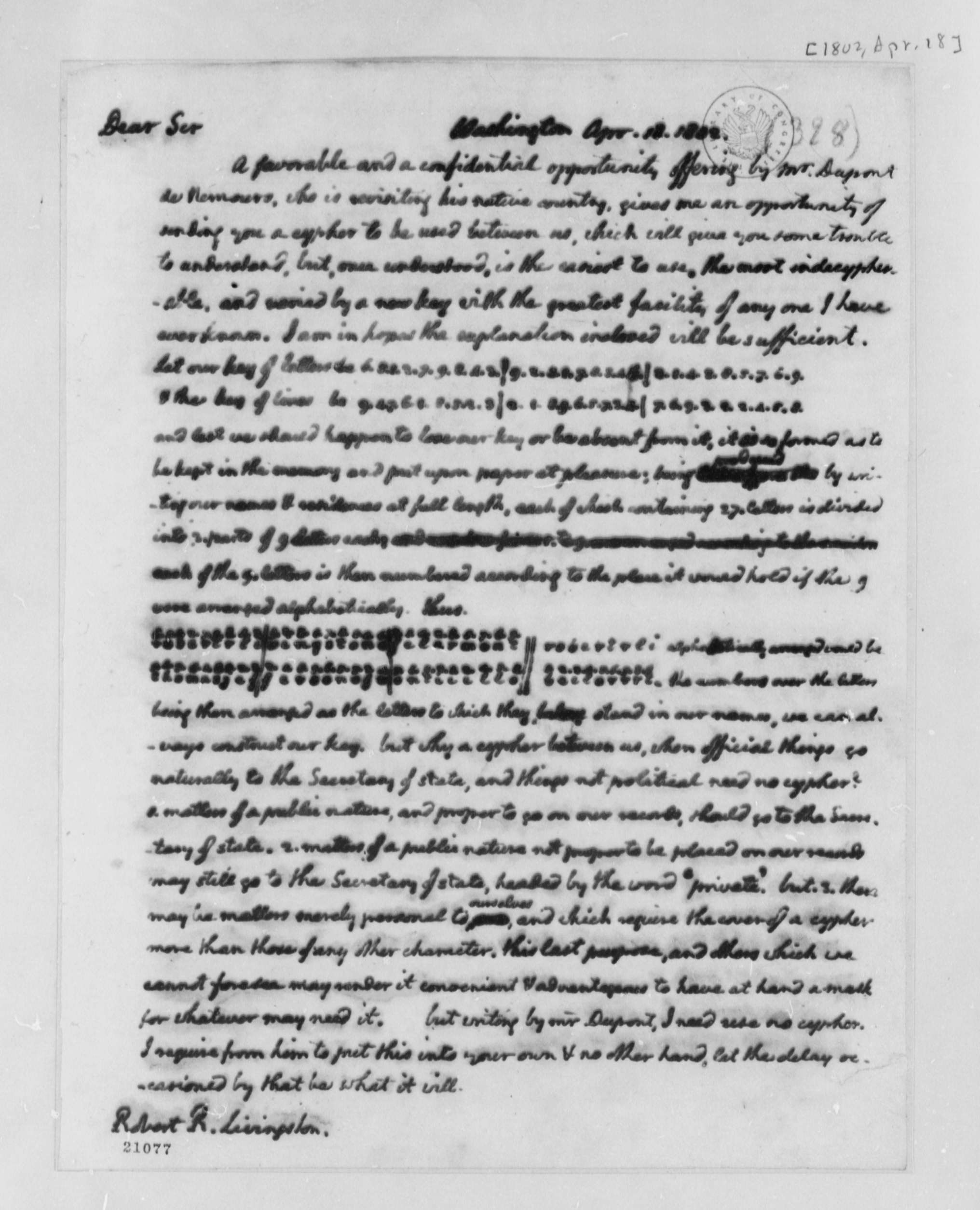
Thomas Jefferson to Robert R. Livingston, April 18, 1802. The Thomas Jefferson papers at the Library of Congress....
President Jefferson requested Robert Livingston, minister of the court of Napoleon, to carefully stress to French Leaders that the secession threatened Franco American relations and violated American interest.
"this little event, of France possessing herself of Louisiana, which is thrown in as nothing, as a mere make-weight, in the general settlement of accounts, this speck which now appears as an almost invisible point in the horizon, is the embryo of a tornado which will burst on the countries on both shores."
~ From Thomas Jefferson to Pierre Samuel Du Pont de Nemours, 25 April 1802 Founders on line~
"There is on the globe one single spot, the possessor of which is our natural and habitual enemy. It is New Orleans,through which the prod~ce of three-eighths of our territory must pass to market, and from its fertility it will ere long yield more than half of our whole produce and contain more than half of our inhabitants. France, placing herself in t~at door, assumes to us the attitude of defiance."
~ Thomas Jefferson's secret message to Congress of January 18, 1803
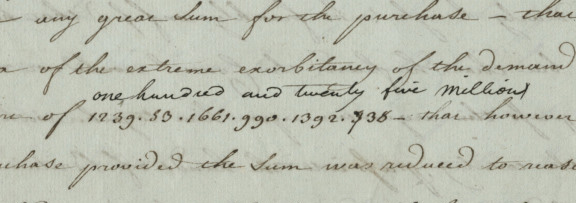
A decoded line of numerals in Robert Livingston's letter reveals France's original asking price for Louisiana. Livingston disguised sensitive parts of his letter to Secretary of State James Madison with a numerical code. (THNOC, 78-56-L)....
Livingston met with French Foreign Minister Charles Maurice de Talleyrand. Livingston found all of his efforts met with obstacles, frustrated with his negotiations to secure the right of deposit he reached out to Jefferson for guidance.
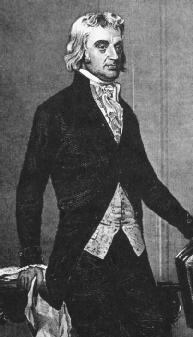
Robert. R. Livingston Library of Congress
“Check the literality which they may be disposed to exercise in relation to the trade and navigation through the mouth of the Mississippi” ~ President Thomas Jefferson
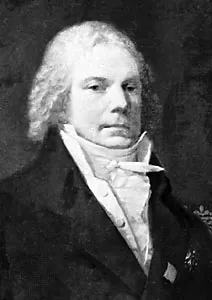
Talleyrand, detail of a portrait by Pierre-Paul Prud'hon, 1809; in a private collection, Paris...
On October 16, 1802, Spain suspended the Right of Deposit. It was now imperative that the United States Purchase the port of New Orleans.
"The right to deposit was indispensable since such products were floated down from the Ohio and Cumberland Valleys in keel and flatboats and New Orleans was the strategic location for unloading and storing these goods before they were loaded on ocean going vessels'."
~Thomas P. Abernathy
In March of 1803, Jefferson sent James Monroe to assist Livingston with his Negotiations. Monroe arrived in France to learn that he and Livingston were now instructed to purchase New Orleans and, if possible, West Florida due to its strategic importance. They were to offer $10,000,00. If this offer were rejected they were to negotiate for the most economical settlement.
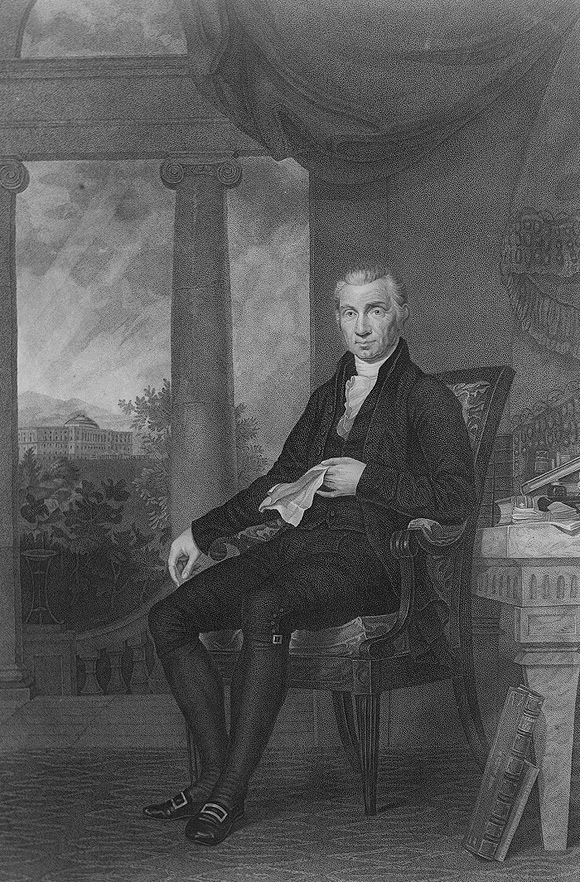
Credit: James Monroe, seated, at White House; view of Capitol in background. painted by C.B. King ; engraved by Goodman & Piggot. Philada. (Philadelphia):
"When I cast my eye upon the Map, and consider the vast and rich Country that lays before us, when I look forward one hundred years & see that Country improved & settled by Millions who will either be ranged in hostile array against us, or enlisted under our banners as we now decide. I think the weal, or woe of our Country lays in our hands, & depends upon the determination of a moment"
~ To Thomas Jefferson from Robert R. Livingston, 14 April 1803